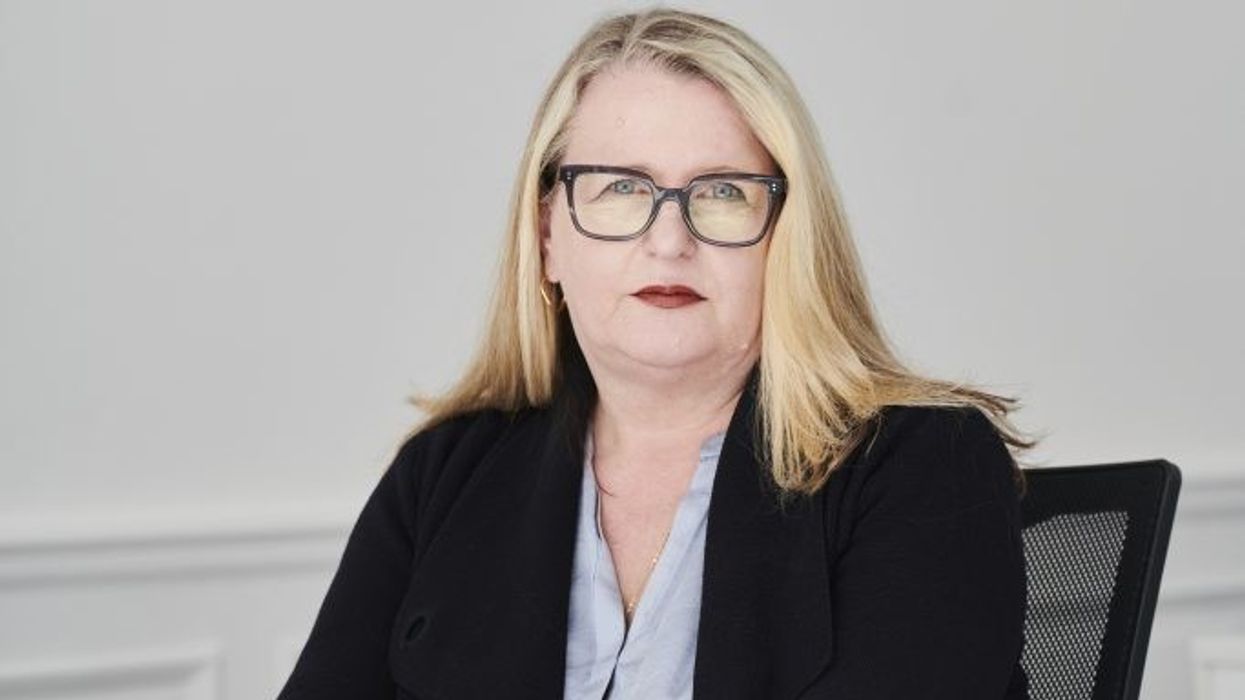Key Summary
- Neighbourhood Health Services aims to shift care out of hospitals and bring them to people's doorsteps
- The neighbourhood health centres will provide easier, more convenient access to a full range of healthcare services
- Neighbourhood teams will include doctors, nurses, social care workers, pharmacists, health visitors, palliative care staff, and paramedics
- They will also undertake door-to-door community outreach to detect early signs of illness and reduce pressure on GPs
With the government announcing that community pharmacy will play a ‘key role’ in its plans to adopt Neighbourhood Health Services, Community Pharmacy England chief executive Janet Morrison said the government needs to do more to make sure local pharmacies remain open and thrive.
“The millions of people relying on them every day don’t want to lose their local pharmacies to financial collapse, which is something the Government should carefully consider as it seeks to implement its plan,” she said.
Millions of patients will be treated closer to their homes at neighbourhood health centres, as part of the government's Neighbourhood Health Services scheme.
The government aims to improve access to the NHS by shifting care out of hospitals and into the community and free up overstrained hospitals.
These neighbourhood health centres will provide easier access to a full range of healthcare services right on people’s doorsteps, stopping them from having to go to hospitals.
Neighbourhood teams will include nurses, doctors, social care workers, pharmacists, health visitors, palliative care staff, and paramedics.
Community health workers and volunteers will play a pivotal role in these teams, and local areas will be encouraged to trial innovative schemes like door-to-door community outreach to detect early signs of illness and reduce pressure on GPs and accident and emergency (A&E) services.
“The Government’s plan aligns well with the value that pharmacies can bring and will begin to harness the sector’s potential for the benefit of patients, communities and the wider NHS. Research shows that the public already supports community pharmacies playing a bigger role in healthcare services, and the sector has a unique ability to break down barriers to care coupled with an astonishingly strong record on efficiency,” said Morrison.
“But before this plan can become a reality, first the Government must deliver on its commitment to build the sustainable funding model that community pharmacy so desperately needs.”
“This plan is not the end of the road; it’s just the beginning.”
Prime minister Keir Starmer said his government wants the NHS to break free from its inherited woes and move towards providing greater access for everyone.
He said the 10-year plan will bring care to people's doorsteps by ensuring access to GPs, pharmacists nurses, and wider support all under one roof in their neighbourhood.
National Pharmacy Association (NPA) chief executive Henry Gregg, said: "Pharmacies want to be able to offer better, more joined-up care for their communities so they share the Government’s ambition to bring care closer to people.
“It's important that pharmacies, who already do this work day in day out, are placed at the heart of these plans. Investing in pharmacies can create a future where people can drop in for treatment, check-ups, medicine reviews, and advice."
The government's plan will deliver three key shifts to get the NHS back on its feet: hospital to community, analogue to digital, and sickness to prevention.
Health secretary Wes Streeting said the Neighbourhood Health Service will end the status quo of ‘hospital by default’, bring down hospital waiting lists, and stop patients going from pillar to post to get treated.
The government also plans to move the NHS from analogue to the digital age to improve its efficiency, he added.
Company Chemists Association (CCA) chief executive Malcolm Harrison stressed that community pharmacies have the skillset to take the pressure off GPs.
“The network of 10,000 community pharmacies in England is already driving a ‘neighbourhood health’ agenda, delivering high-quality healthcare from within local communities. Pharmacies are therefore well-placed to take on a bigger role in the government’s plan for a Neighbourhood Health Service,” he said.
"Expanding Pharmacy First and incorporating independent prescribing into the service is a no-brainer. This will bring care closer to people’s homes, freeing up as many as 40m GP appointments, and reducing unnecessary hospital visits,” he added.












